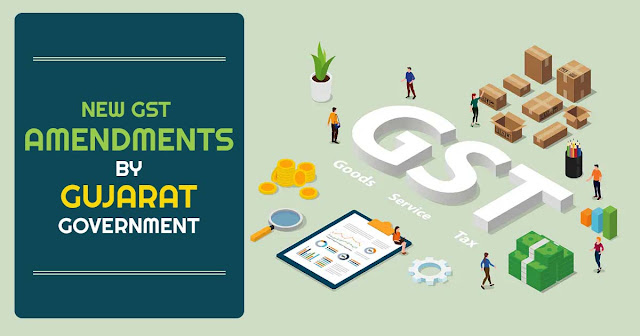In order to ensure consistency with the Central Goods and Services Tax Act (CGST), the Assembly session of the Gujarat Legislature amended the Gujarat Goods and Services Tax Act (SGST) on 21st September 2022.
GST Council's 43rd and 45th meetings resulted in a variety of decisions. At the council meeting, Gujarat's Finance Minister Kanubhai Desai presented amendments to the SGST bill.
There Are a Few Important Amendments to This Here:
GST Registration Cancellation Amendment:
In the event that a taxpayer's registration under Section 10 is not valid for more than three months after the end of the tax year, their GST registration cancellation will be revoked.
In the event that a taxpayer's registration under Section 10 is not valid for more than three months after the end of the tax year, their GST registration cancellation will be revoked.
GST Amendment Related to Non-resident Taxable Person:
Within 13 days of the month's end or within seven days after the registration date, the non-resident taxable person must provide the monthly return.
GST Amendment for Retrospective Tax:
A retroactive interest charge has been imposed on input tax credits mistakenly claimed and utilized from July 1, 2017, with the method of calculating interest being prescribed.
Input Tax Credit (ITC) Amendment Under GST:
Registration of a person does not allow him or her to claim input credit for any invoices or debit notes. After the end of the financial year in which such invoices or debit notes relate, that is after the 13th day of November following the end of that financial year.


Comments
Post a Comment